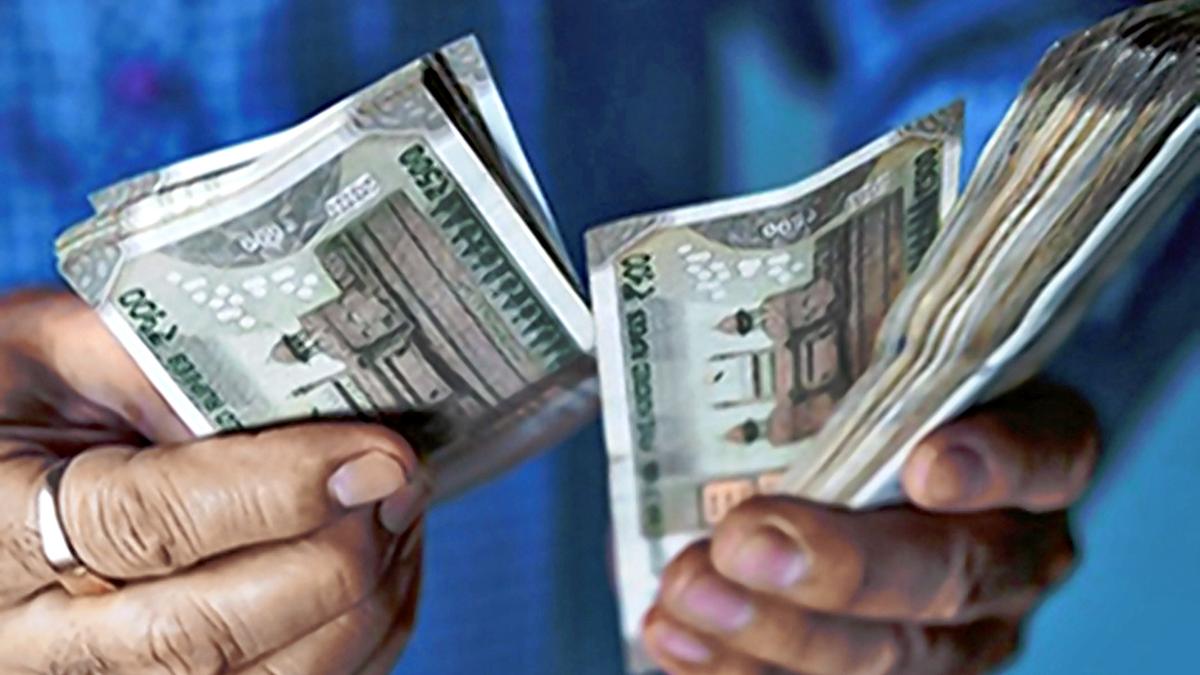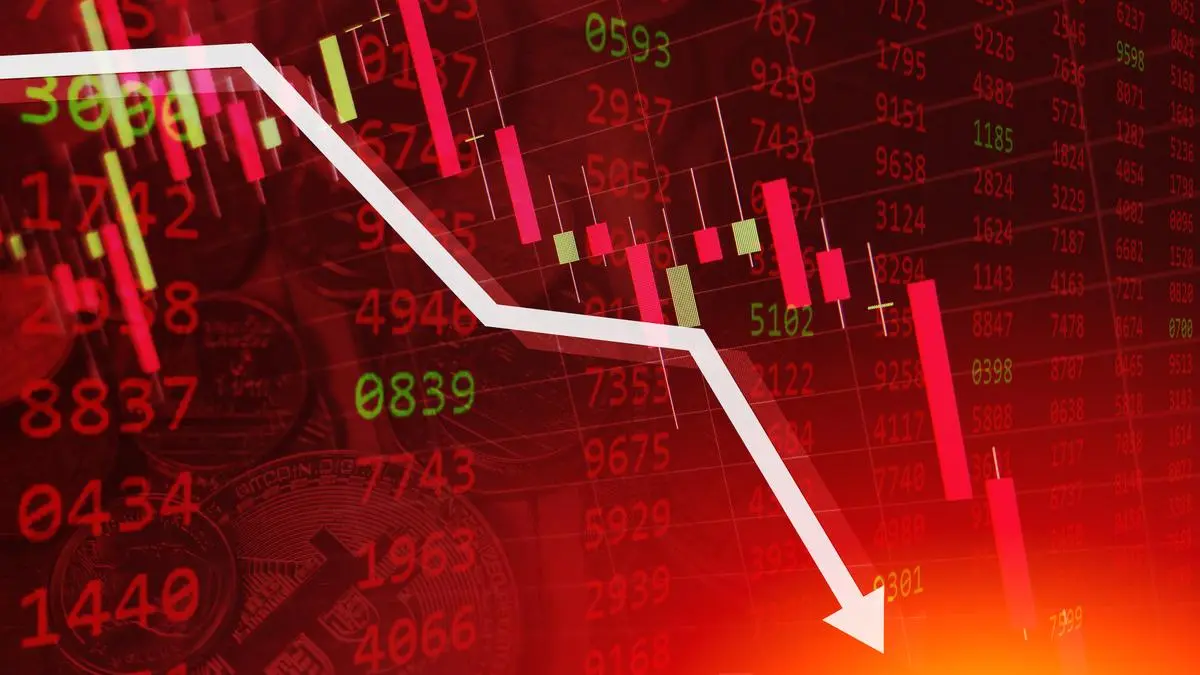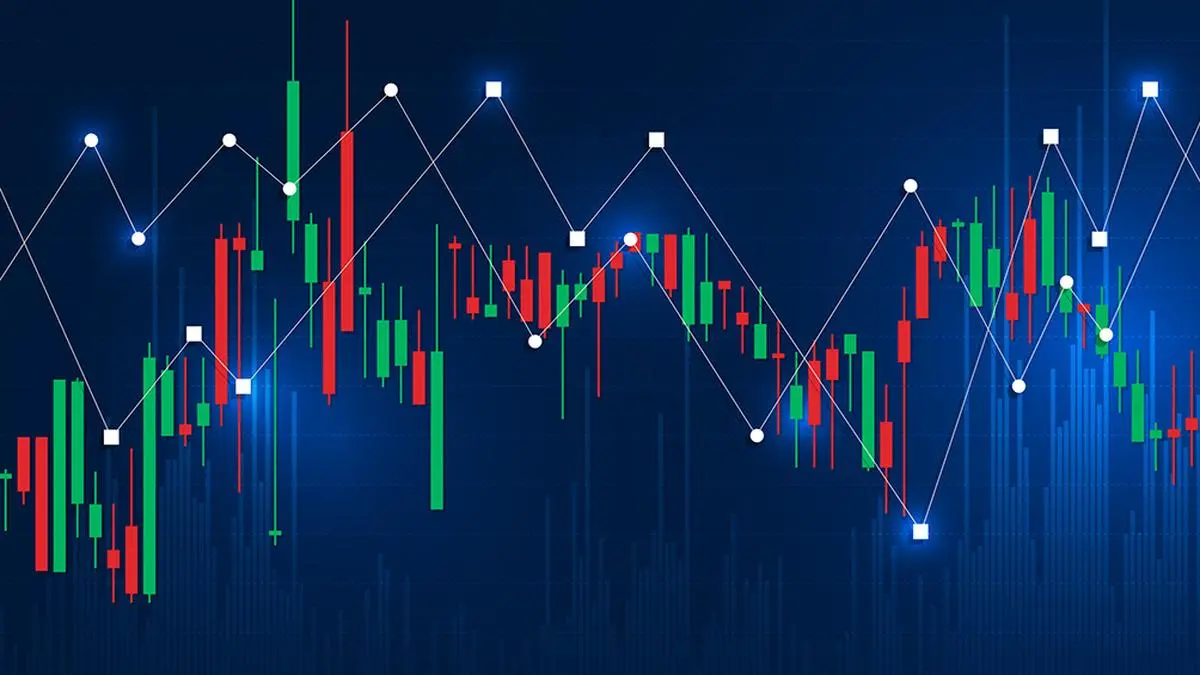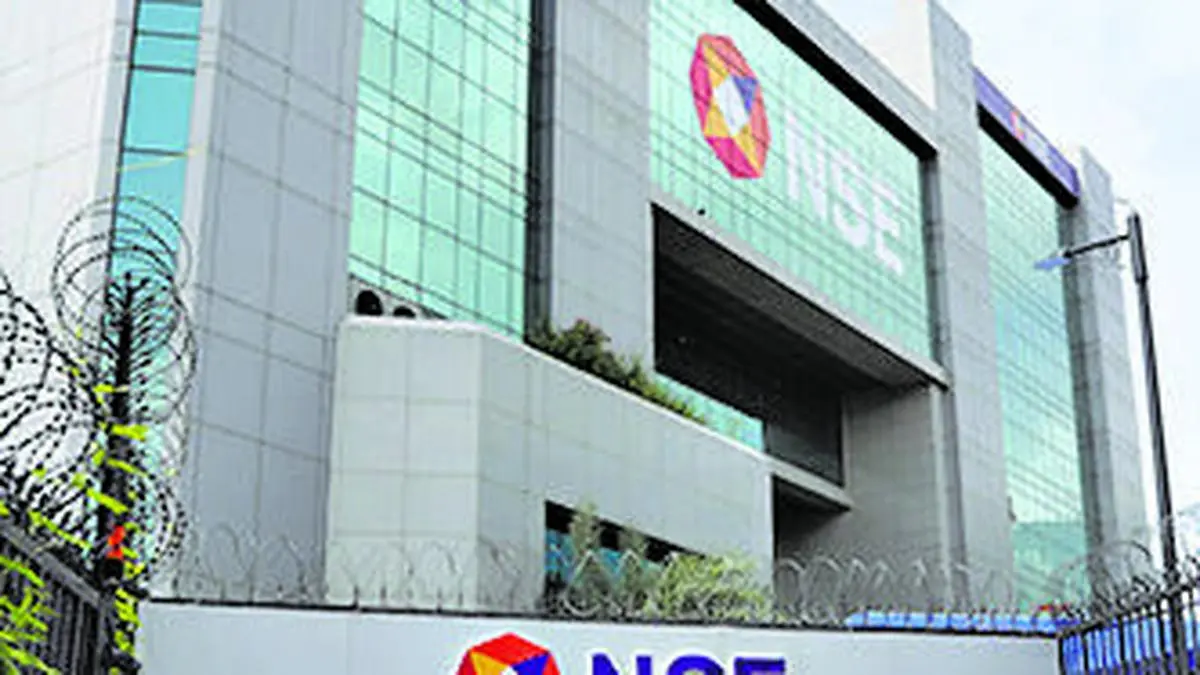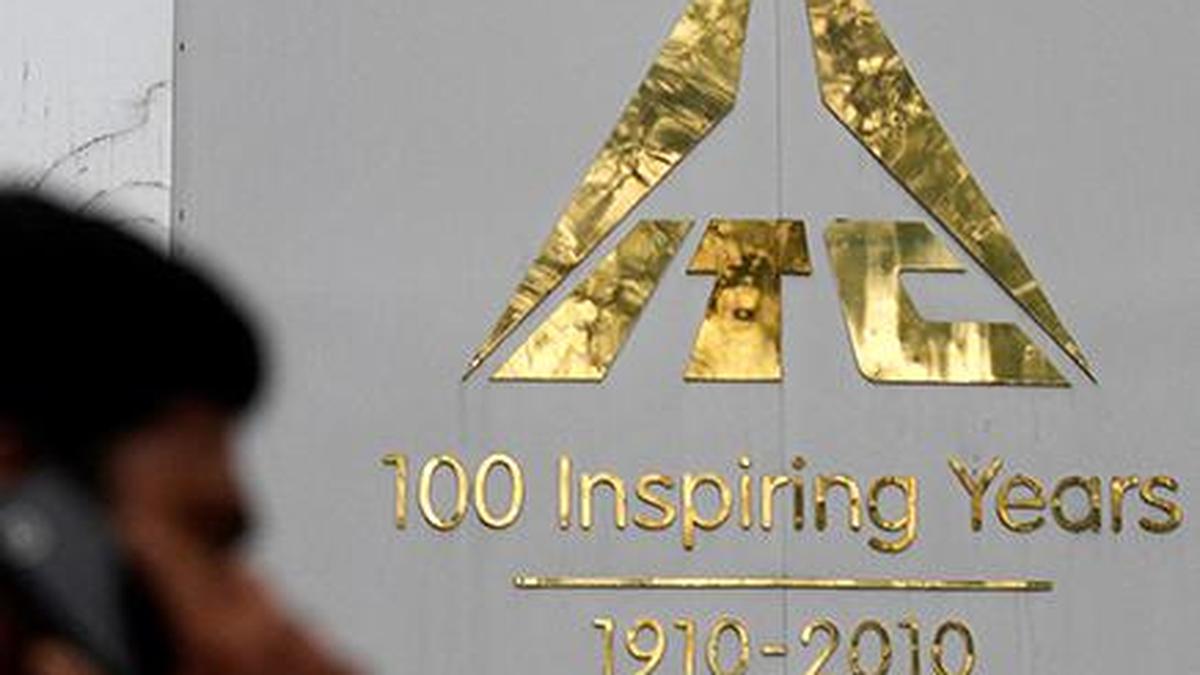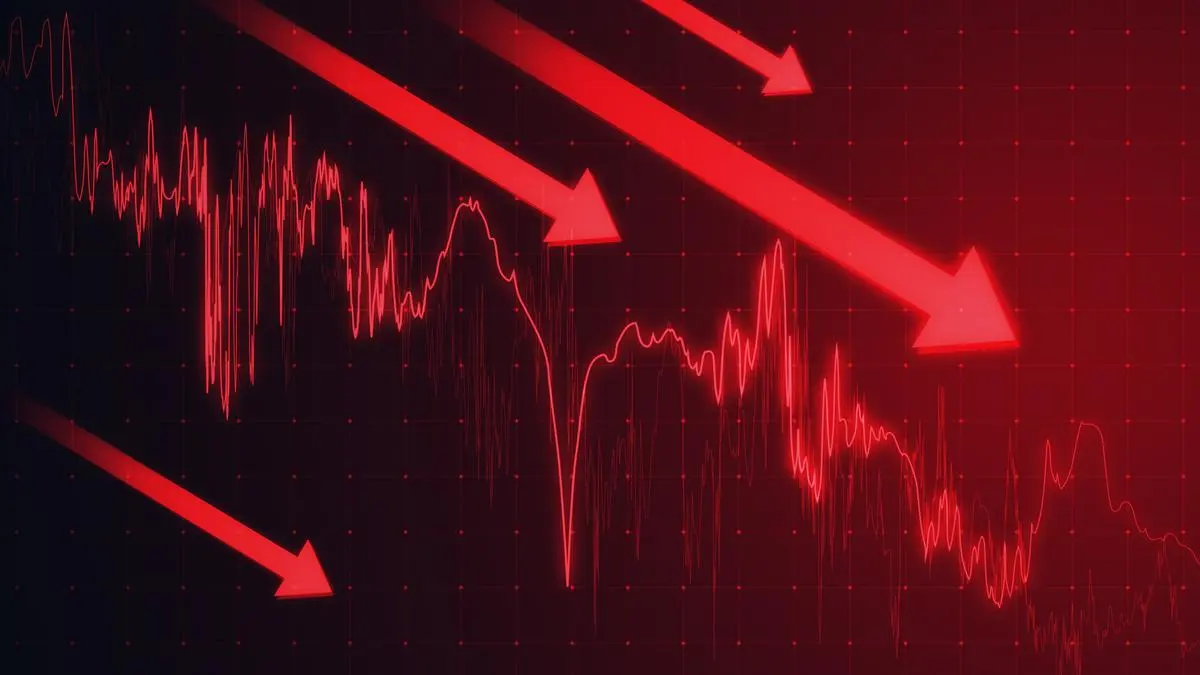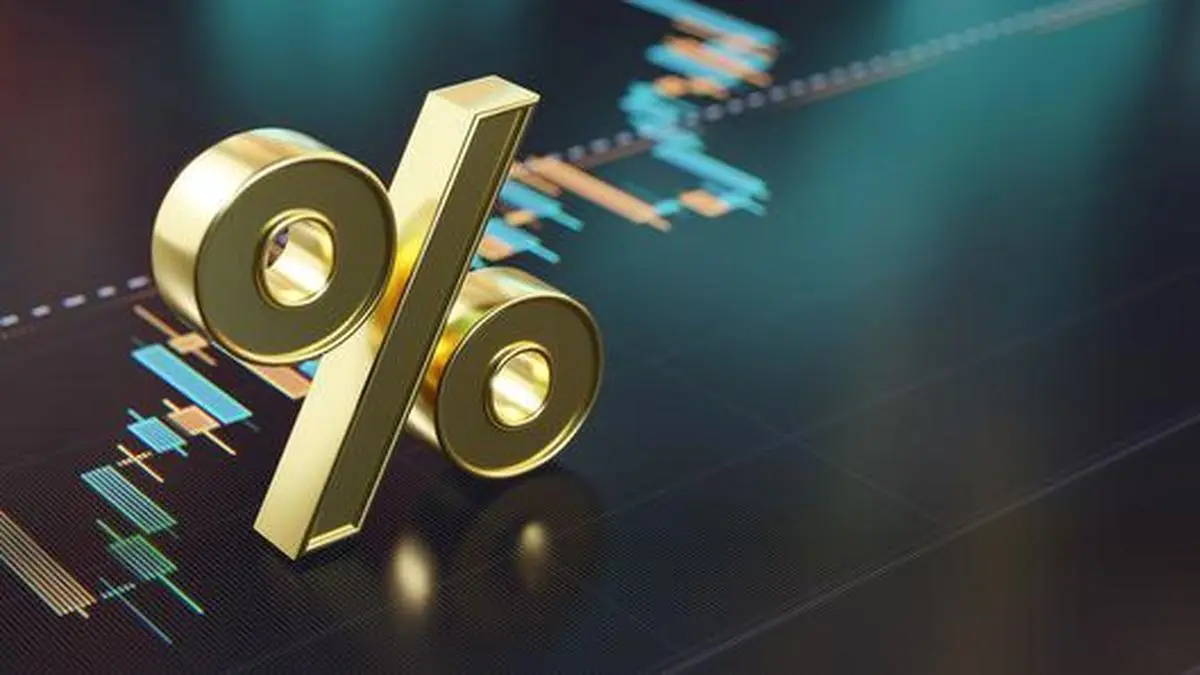FOREX
CtrlS partners with BSE to power digital infrastructure for 700 cr daily transactions

CtrlS Datacenters Ltd. on Thursday announced that it has entered into a strategic partnership with BSE (Bombay Stock Exchange) to power the critical digital infrastructure that enables BSE to process over 700 crore daily transactions and serve more than 11 crore investors.
The strategic collaboration underscores data centers’ critical role in modern financial markets, it said in a statement. As trading has transitioned to electronic platforms, reliable digital infrastructure has become essential for maintaining market integrity, ensuring transaction security, and providing seamless access to financial services.
CtrlS Datacenters will provide the reliable data centre infrastructure that BSE requires for its mission-critical operations, supporting BSE’s vision of sustainable growth. This infrastructure is crucial for stock exchanges in the era of electronic trading, which has democratized access to financial market data and enabled widespread participation in stock trading, the statement said.
Sridhar Pinnapureddy, Founder and CEO, CtrlS Datacenters, said, “The scale and criticality of BSE’s operations represent not just a technological challenge, but a responsibility to India’s economic sovereignty and growth. Every transaction processed through our infrastructure impacts investors, businesses, and ultimately, the nation’s financial health.”
Sundararaman Ramamurthy, MD & CEO of BSE, said, “In all aspects of our operations, we do leverage technology. We ensure that the technology is world-class and is capable of supporting critical transactions. Our digital fabric is supported by robust infrastructure core and that means good data centers. Data center infrastructure is crucial for stock exchanges.”
“The shift to electronic trading has been a significant factor in the stock exchanges’ use of data centers,” he said.
Published on June 5, 2025



